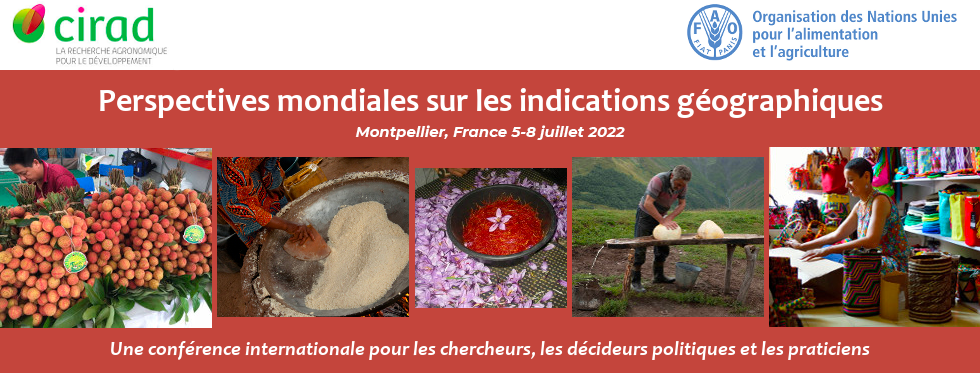Can Geographical Indications (GIs) promote the openness and internationalization of rural areas? Despite the vast literature on the impacts of GIs on trade flows, the large majority of existing studies offer limited systematic evidence on the impacts of GIs on other forms of internationalization, such as Foreign Direct Investment (FDI), at the sub-national territorial. Over the last few decades, FDI has become a central component of territorial openness and connectivity but evidence on what shapes their location decisions in rural areas remains limited.
Using a novel panel dataset, this paper investigates the impact of GIs on FDI inflows for European NUTS3 regions over the 2003-2019 period.
We apply state-of-the-art policy evaluation methods to estimate the impact of GIs on FDI attraction to evaluate the role of GIs in attracting FDI towards region-of-origins that would not otherwise be targeted. We test the hypothesis that areas capable of developing space-sensitive models of production (in the form of GIs), that are actively endorsed by a formal institutional regime, eventually experience better performance in terms of territorial openness than other areas.
This paper makes a relevant contribution to the existing literature: this is the first paper that studies the linkages between GIs and territorial openness by quantitatively analysing the impacts associated with all GIs registered in the EU, using sub-national regions as a unit of analysis. In addition, our dataset used is unique as it is the first machine-readable database that reconstructs the Local Administrative Units- year variability of GIs for all EU GIs since the 70s.
Preliminary results show that FDIs in agri-business-related sectors are attracted by embedded production systems and respond to the number of products registered. There is indeed a positive and statistically significant correlation between the average number of GIs produced within the NUTS3 and the share of FDI capital invested in the agri-business related sectors on the Gross Value Added (at constant prices) of the same region. This positive effect has been found also in terms of new jobs directly created by FDI.
In light of our results, and from a policy perspective, this paper provides therefore a basis for an informed policy debate on how local embedded production systems can be fully embraced in the design of internationalisation policies and local development strategies in rural areas. Internationalisation through investment abroad has indeed often been completely disregarded in regional and local development policy agendas.



